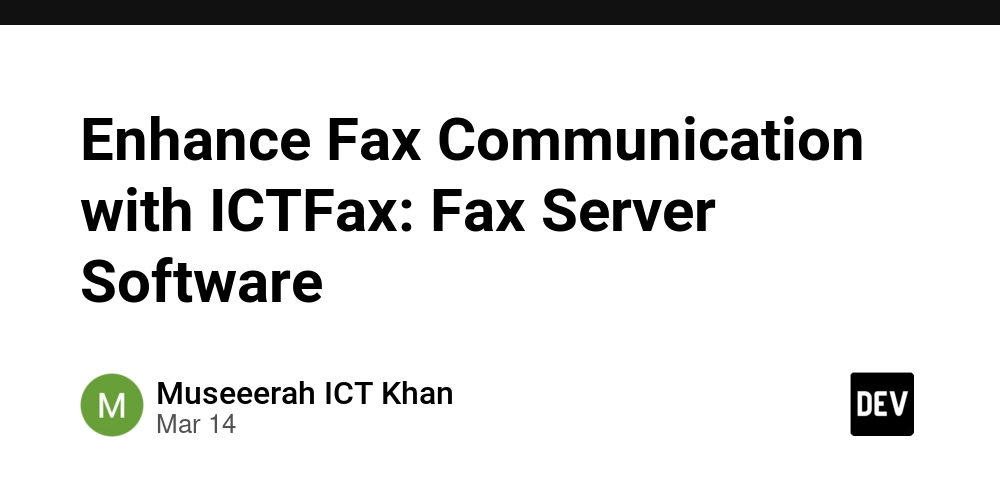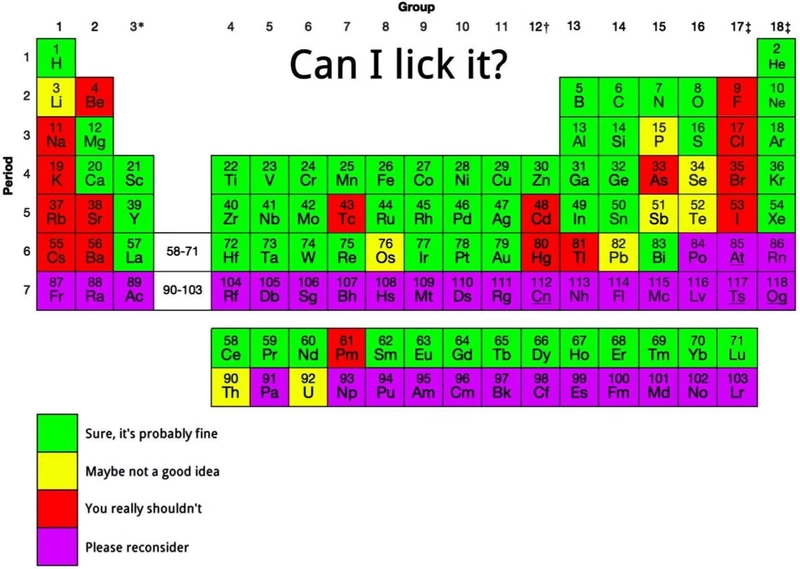Why Top IMEs Depend on Organized Deposition Transcript Summaries
Independent Medical Examiners (IMEs) are often pressed for time while juggling numerous exams, writing detailed reports, and meeting tight deadlines. In such a demanding environment, reading entire deposition transcripts can be overwhelming. Yet, these transcripts frequently contain critical details that aren't found in the medical records, making them essential for producing accurate and defensible IME reports. Deposition transcripts provide first hand testimonies where claimants speak under oath about their symptoms, limitations, daily activities, and more. These statements can significantly affect how a case is interpreted. But due to the sheer length and complexity of these documents including filled with legal jargon, off-topic tangents, and interruptions, it’s easy to overlook key facts. Missing such details can lead to errors in the IME’s report and may harm their credibility in court. That’s where deposition transcript summaries come in. These summaries distill complex depositions into concise, easy-to-read formats, helping IMEs focus on the most relevant information without wasting precious time. A well-prepared deposition transcript summary highlights vital aspects like injury timelines, symptom descriptions, inconsistencies between testimony and medical records, functional limitations, treatment history, and statements about work capacity or daily activities. Instead of combing through hundreds of pages, a summary offers the IME a structured overview of what matters most to the case. It eliminates repetitive language, filters out irrelevant content, and provides a factual, neutral account of the claimant’s testimony. This allows IMEs to confidently integrate deposition evidence into their medical opinions. While legal teams may want summaries for strategy, IMEs need summaries tailored to the medical aspects of the testimony. That’s why it’s best to rely on professionals with both legal and medical expertise to prepare these summaries. Outsourcing this task ensures accuracy, faster turnaround, and better risk management. In contrast, in-house staff often lack the training to extract the testimony that’s relevant for medical evaluations. Using professionally crafted deposition summaries offers several benefits to IMEs. First, it saves time by reducing hundreds of pages to a digestible format. Second, it strengthens confidence in the conclusions drawn by ensuring all facts. Third, it improves collaboration with attorneys by allowing IMEs to clearly connect medical opinions with legal narratives. Lastly, it reduces the risk of missing critical statements that might otherwise lead to report revisions or legal challenges. At LezDo TechMed, we understand the importance of clarity, accuracy, and efficiency. Our expert team specializes in preparing deposition summaries that support your work as an IME. We ensure that every key detail is highlighted so your report stands strong. Top IMEs depend on well-organized deposition transcript summaries to make informed decisions, protect their credibility, and produce top-quality reports.

Independent Medical Examiners (IMEs) are often pressed for time while juggling numerous exams, writing detailed reports, and meeting tight deadlines. In such a demanding environment, reading entire deposition transcripts can be overwhelming. Yet, these transcripts frequently contain critical details that aren't found in the medical records, making them essential for producing accurate and defensible IME reports.
Deposition transcripts provide first hand testimonies where claimants speak under oath about their symptoms, limitations, daily activities, and more. These statements can significantly affect how a case is interpreted. But due to the sheer length and complexity of these documents including filled with legal jargon, off-topic tangents, and interruptions, it’s easy to overlook key facts. Missing such details can lead to errors in the IME’s report and may harm their credibility in court.
That’s where deposition transcript summaries come in. These summaries distill complex depositions into concise, easy-to-read formats, helping IMEs focus on the most relevant information without wasting precious time. A well-prepared deposition transcript summary highlights vital aspects like injury timelines, symptom descriptions, inconsistencies between testimony and medical records, functional limitations, treatment history, and statements about work capacity or daily activities.
Instead of combing through hundreds of pages, a summary offers the IME a structured overview of what matters most to the case. It eliminates repetitive language, filters out irrelevant content, and provides a factual, neutral account of the claimant’s testimony. This allows IMEs to confidently integrate deposition evidence into their medical opinions.
While legal teams may want summaries for strategy, IMEs need summaries tailored to the medical aspects of the testimony. That’s why it’s best to rely on professionals with both legal and medical expertise to prepare these summaries. Outsourcing this task ensures accuracy, faster turnaround, and better risk management. In contrast, in-house staff often lack the training to extract the testimony that’s relevant for medical evaluations.
Using professionally crafted deposition summaries offers several benefits to IMEs. First, it saves time by reducing hundreds of pages to a digestible format. Second, it strengthens confidence in the conclusions drawn by ensuring all facts. Third, it improves collaboration with attorneys by allowing IMEs to clearly connect medical opinions with legal narratives. Lastly, it reduces the risk of missing critical statements that might otherwise lead to report revisions or legal challenges.
At LezDo TechMed, we understand the importance of clarity, accuracy, and efficiency. Our expert team specializes in preparing deposition summaries that support your work as an IME. We ensure that every key detail is highlighted so your report stands strong.
Top IMEs depend on well-organized deposition transcript summaries to make informed decisions, protect their credibility, and produce top-quality reports.










































































































































































![[The AI Show Episode 144]: ChatGPT’s New Memory, Shopify CEO’s Leaked “AI First” Memo, Google Cloud Next Releases, o3 and o4-mini Coming Soon & Llama 4’s Rocky Launch](https://www.marketingaiinstitute.com/hubfs/ep%20144%20cover.png)














































































































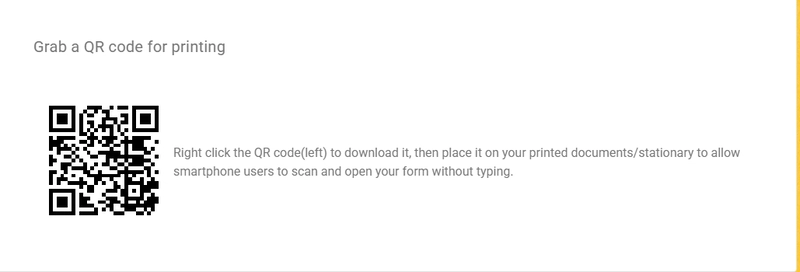



















































































![Blue Archive tier list [April 2025]](https://media.pocketgamer.com/artwork/na-33404-1636469504/blue-archive-screenshot-2.jpg?#)


































.png?#)








.png?width=1920&height=1920&fit=bounds&quality=70&format=jpg&auto=webp#)























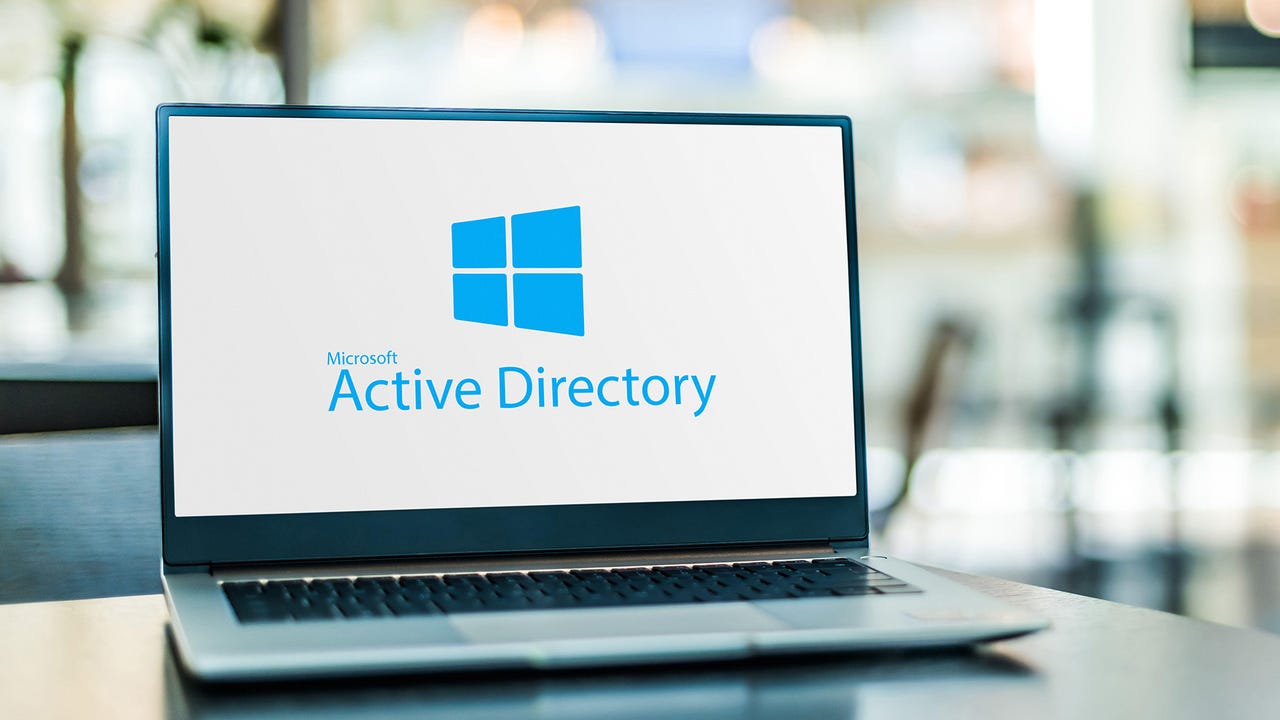



.webp?#)

































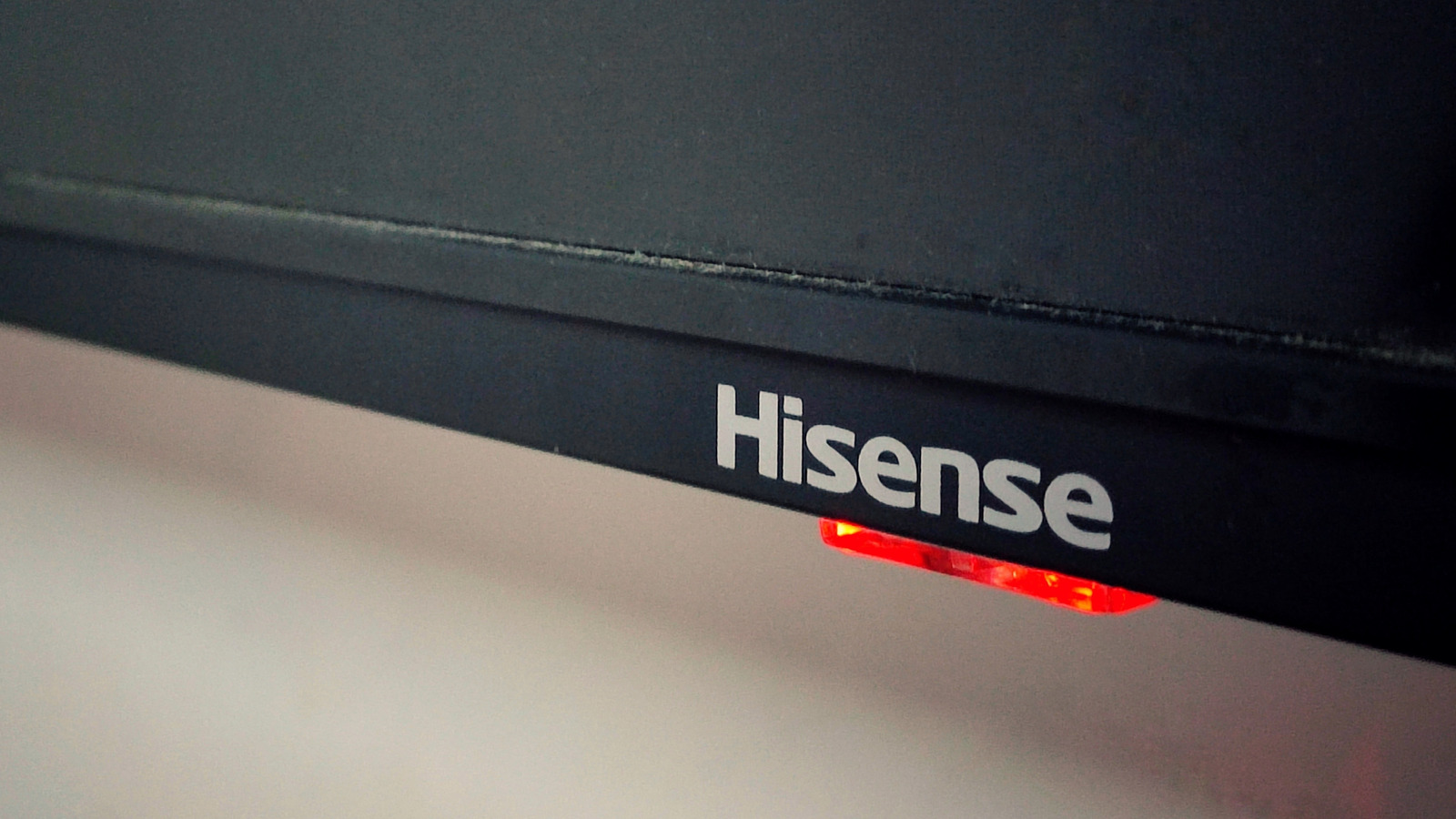

















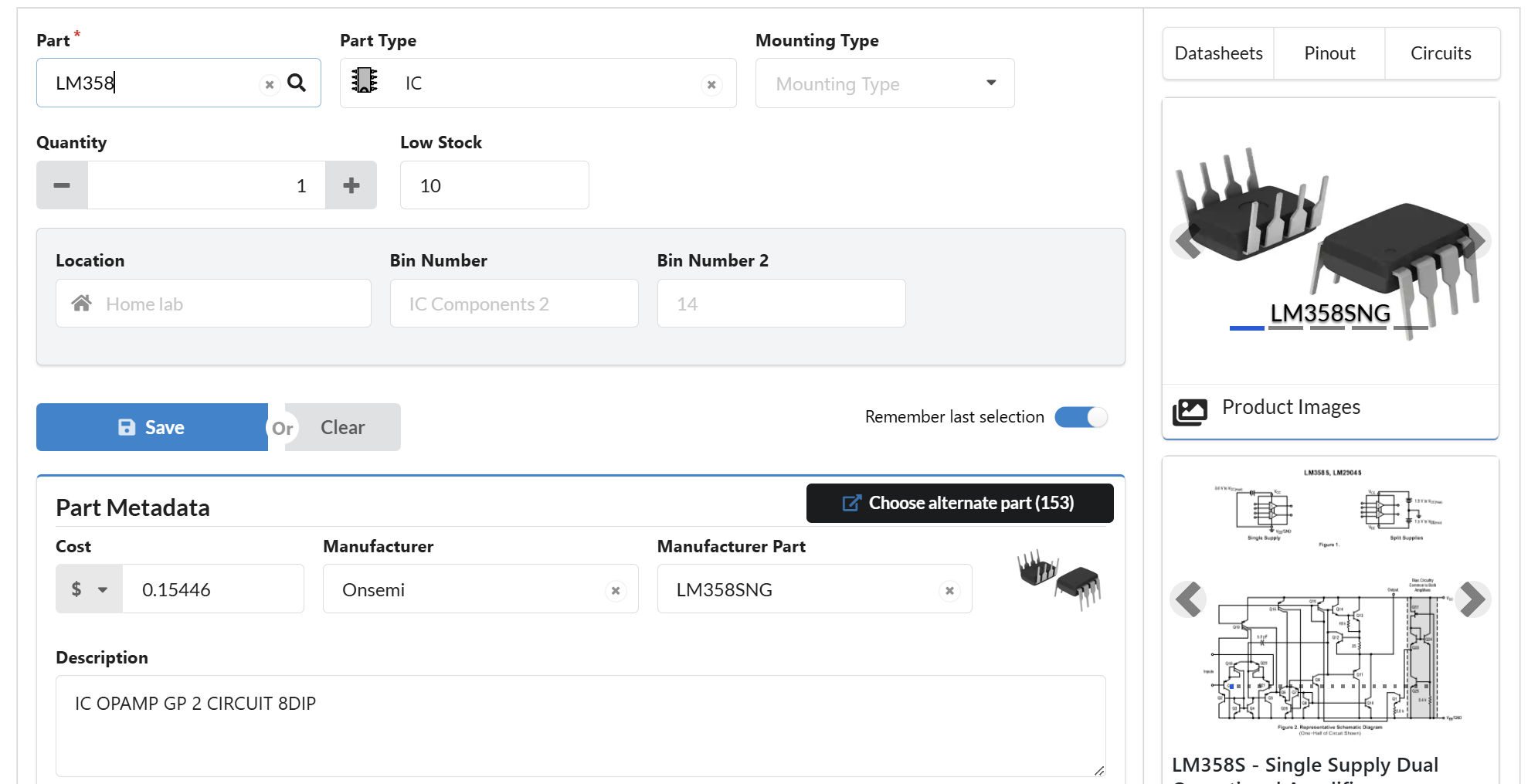





































![PSA: It’s not just you, Spotify is down [U: Fixed]](https://i0.wp.com/9to5mac.com/wp-content/uploads/sites/6/2023/06/spotify-logo-2.jpg?resize=1200%2C628&quality=82&strip=all&ssl=1)
![[Update: Optional] Google rolling out auto-restart security feature to Android](https://i0.wp.com/9to5google.com/wp-content/uploads/sites/4/2025/01/google-play-services-2.jpg?resize=1200%2C628&quality=82&strip=all&ssl=1)












![Apple Releases iOS 18.4.1 and iPadOS 18.4.1 [Download]](https://www.iclarified.com/images/news/97043/97043/97043-640.jpg)
![Apple Releases visionOS 2.4.1 for Vision Pro [Download]](https://www.iclarified.com/images/news/97046/97046/97046-640.jpg)
![Apple Vision 'Air' Headset May Feature Titanium and iPhone 5-Era Black Finish [Rumor]](https://www.iclarified.com/images/news/97040/97040/97040-640.jpg)

























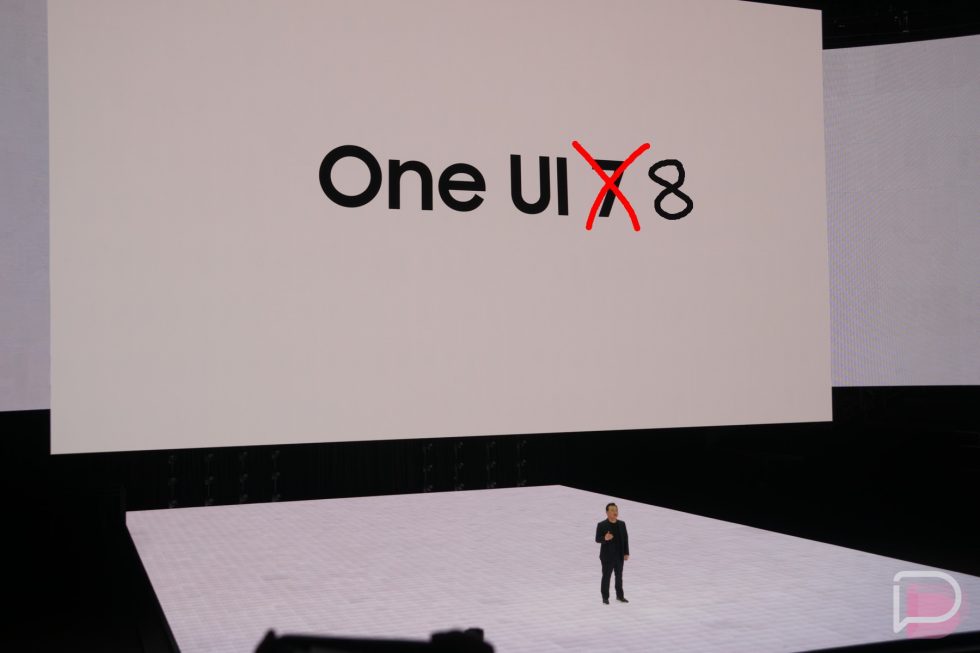








![[Update: Trump Backtracks]The U.S. Just Defunded a Key Security Database, And Your Android Phone Could Pay the Price](https://www.androidheadlines.com/wp-content/uploads/2025/03/Android-logo-AM-AH.jpg)






























































































